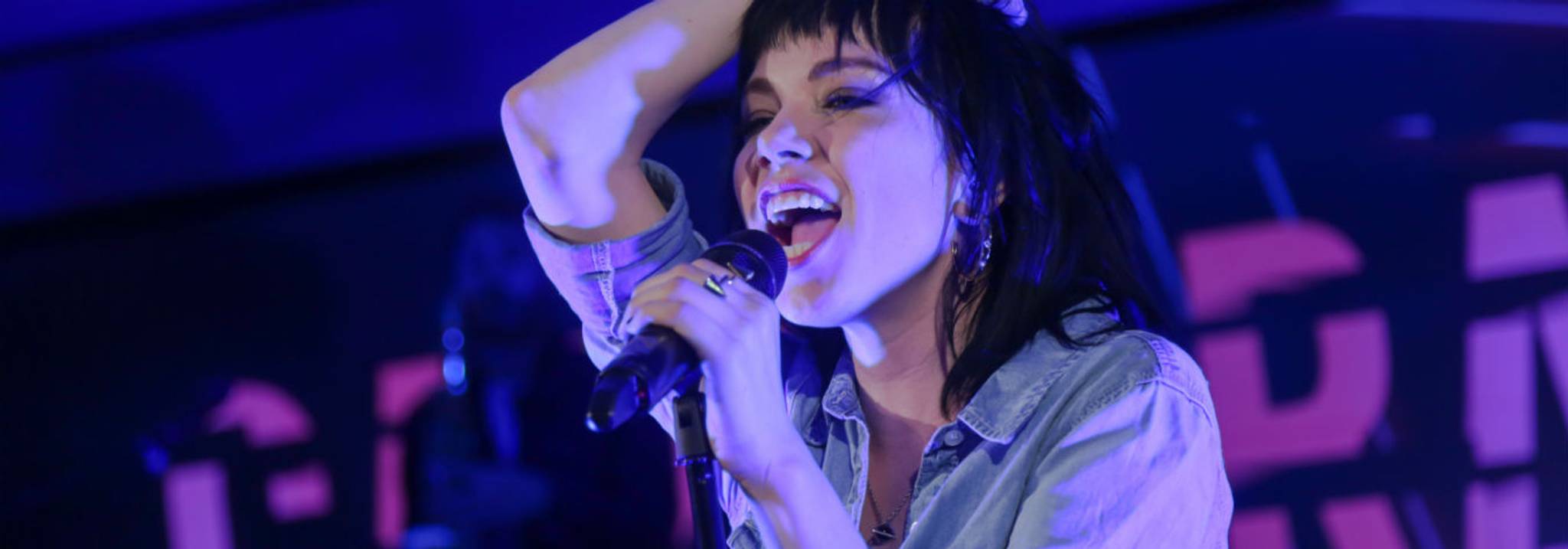
What do Drake, Pharrell Williams and Carly Rae Jepsen have in common? Plenty, actually. But in this context, their most profound similarity is their success in releasing singles that have transcended catchiness to be co-opted by fans and become memes in their own right. As with all good things that are launched in a post-internet world, true cultural relevance is defined by what’s created not just for the senses, but for viral success too.
The most recent manifestation of this is ’Store’ – the newly released single from Carly Rae Jepsen. While it’s a signature Jepsen track – catchy against anyone’s better judgement and oozing love and heartache – ultimately, this is a song about going to the store. “I’m just goin’ to the store,” she chirps during the chorus. “I’m just goin’ to the store, to the store.” And the internet is going wild for it. Vine videos, movie clips and creep shots – predominantly in retail spaces – have been repurposed with Jepsen’s musical musings as the soundtrack. “Wild how Carly Rae Jepsen revolutionized the way people go to the store,” tweets one internet fan.
It’s a perfect microcosm of internet culture. “Ideas have retained some of the properties of organisms,” wrote Biologist Jacques Monod in 1965. “Like them, they tend to perpetuate their structure and to breed; they too can fuse, recombine, segregate their content; indeed they too can evolve, and in this evolution selection must surely play an important role.” And that’s the nature of the meme; it’s an idea, that takes on new meaning and value as it passes from person to person. And online, these mutations happen with unprecedented speed, from the moment a new idea (or, in this case, song) is uploaded.
Of course, singles – and their videos – have never been safe from this kind of appropriation. From Rick Astley’s ‘Never Gonna Give You Up’ to ‘Gangnam Style’, the internet has long held the ability to elevate a niche or forgotten track to global adoration in a matter of hours. But recent years have seen already relevant artists propelled to new levels of relevance by encouraging the internet community to do theirdankest. Whether it’s Pharrell’s ‘Happy’, Drake’s ‘Hotline Bling’ or ’Store’, these songs aren’t just written to be listened to, but to be consumed (and spat back out) by internet culture.
And it couldn’t be occurring at a more appropriate time. We already know that the music industry is in flux; CD sales and album downloads have declined by 17% since 2014, and live music experiences have been heralded as the cash cow in this new, experience-driven era. In fact, 77% of young people say that the best memories of their lives were created at live music events. But tickets are expensive; the cost of a ticket to Glastonbury has ballooned by 95% since 2003. Maintaining cultural relevance is integral to people paying a premium to see their icons perform live.
And what better way to do that than by becoming a part of an in-joke within the biggest friendship group in the world? The memes created off the back of ’Store’, ‘Happy’ or ‘Hotline Bling’ are separate entities from the singles themselves. They’re cultural properties that have been born from the initial offering, and – sewn into the very fabric of the internet – they’ve been immortalised in our collective memory.
Discover more insights like this by signing up to the Canvas8 Library.
Lore Oxford is Canvas8's deputy editor. She previously ran her own science and technology publication and was a columnist for Dazed and Confused. When she’s not busy analysing human behaviour, she can be found defending anything from selfie culture to the Kardashians from contemporary culture snobs.